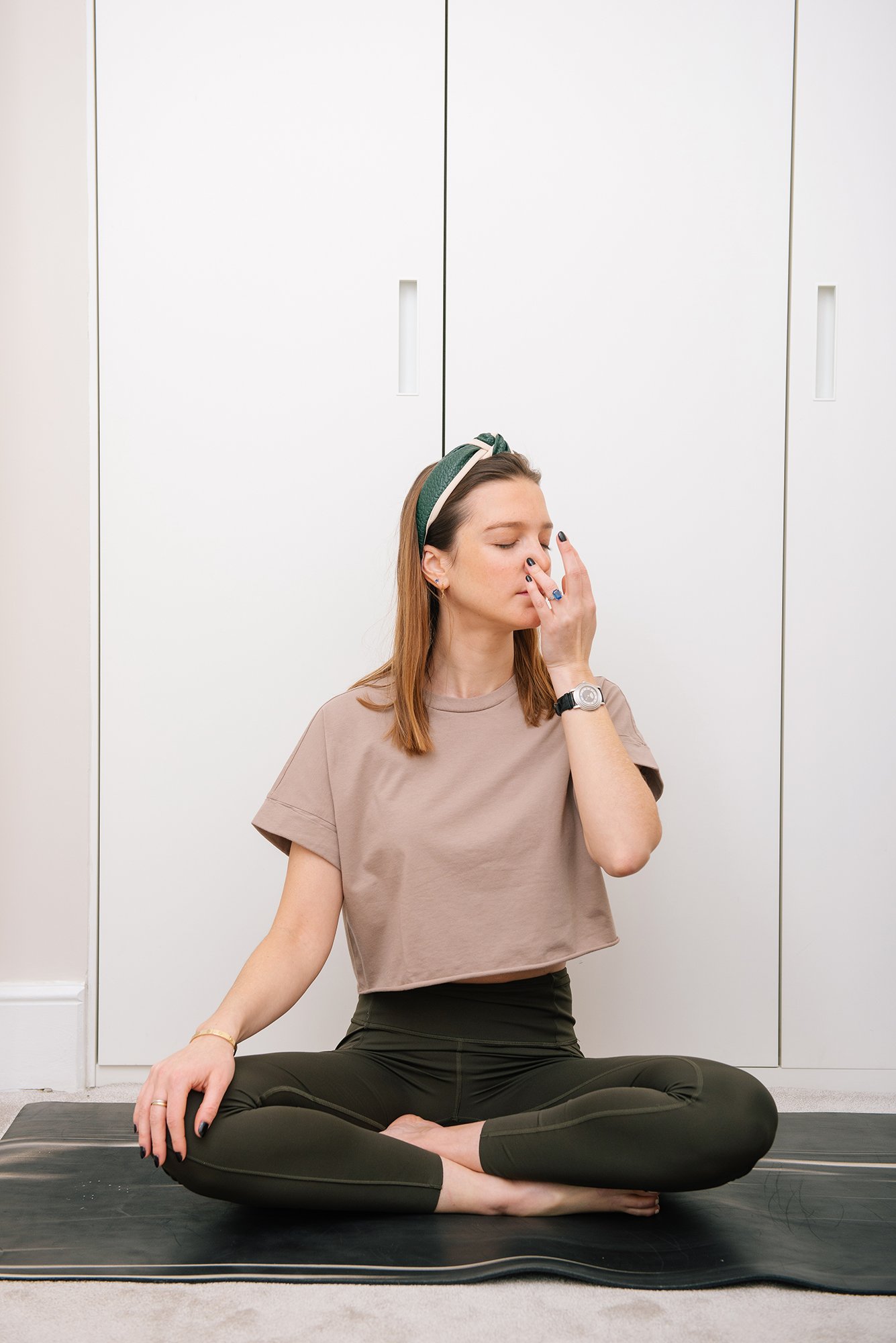Demystifying Your Hormones: 5 Key Insights for Hormonal Balance
We often hear things like ‘you need to balance your hormones’ but what does that actually mean? And what hormones do we need to ‘balance’?
This post aims to uncover all those questions! This blog post will break down:
What hormones are
Which hormones work to support your body
What hormones are responsible for what
How hormones change in women's bodies at different life stages
And how to start balancing them
Hormones often seem like mysterious entities lurking within our bodies, but understanding them is crucial for achieving optimal health -, if you want to feel good, you need to know about your hormones!
Understanding Your Hormones As a Woman: What Are They?
Think of your hormones as chemical messengers produced by various glands in the endocrine system. These messengers travel through the bloodstream, regulating essential bodily functions and maintaining balance. From controlling metabolism to influencing mood, hormones play a pivotal role in our overall well-being. They’re also responsible for our fertility, when we start our menstrual cycle, our energy, and menopause too.
So, What Hormones Do What?
Your hormones work tirelessly to support your bodies, even when you’re unaware of them. Here’s a brief rundown of your key hormones, some of which you might have heard of, and others you might be unaware of!
Estrogen:
Regulates your menstrual cycle
Supports bone health by promoting calcium absorption
Maintains healthy cholesterol
Contributes to heart health and blood vessel elasticity
Progesterone:
Prepares the uterus for pregnancy by thickening the uterine lining
Supports fetal development during pregnancy
It helps regulate menstrual cycles and promotes sleep
Testosterone:
Influences libido and sexual arousal
Contributes to muscle mass and strength
It affects mood and cognitive function
Follicle-Stimulating Hormone (FSH):
Stimulates the growth of ovarian follicles
Regulates the menstrual cycle and ovulation
Luteinizing Hormone (LH):
Triggers ovulation, the release of an egg from the ovary
Stimulates the production of estrogen and progesterone
Thyroid Hormones (T3 and T4):
Regulate metabolism and energy production
Influence body temperature, heart rate, and growth
Cortisol:
It plays a key role in the body's stress response
Regulates metabolism, blood sugar levels, and inflammation
It supports immune function and helps the body respond to stressors
Insulin:
Regulates blood sugar levels by facilitating the uptake of glucose into cells
Helps maintain stable energy levels throughout the day
Plays a role in fat storage and metabolism
So Why Do Women’s Hormones Go ‘ Up and Down’?
Women experience fluctuations in hormones throughout their lives, from puberty to menopause and beyond. As we age, our hormones are responsible for different things, and aging affects their levels. These hormonal shifts can affect mood, energy levels, and reproductive health. This is why health advice doesn’t always work, because you have to take into account your unique hormonal patterns to make changes that will actually serve you.
How to Start Balancing Your Hormones
Achieving hormonal balance isn’t a one-step protocol, and it often involves changing up nutrition, movement, sleep, and your lifestyle. Some good places to start though:
Prioritise quality sleep - sleep really is the foundation of all health. When you’re well-rested you make better choices all round!
Get regular exercise - movement doesn’t have to be going to a HIIT workout - it could be gentle walking, yoga, or daily mobility drills.
Eat a balanced diet rich in whole foods - focus on foods that haven’t been altered from their original state too much.
Avoid stress-inducing additives like caffeine and alcohol - Trust me when I say you’ll almost immediately see the benefits from this!
Incorporate stress-reducing practices like meditation and mindfulness - or slow walking, sipping your tea with connection and gratitude, or breathwork are great too.



